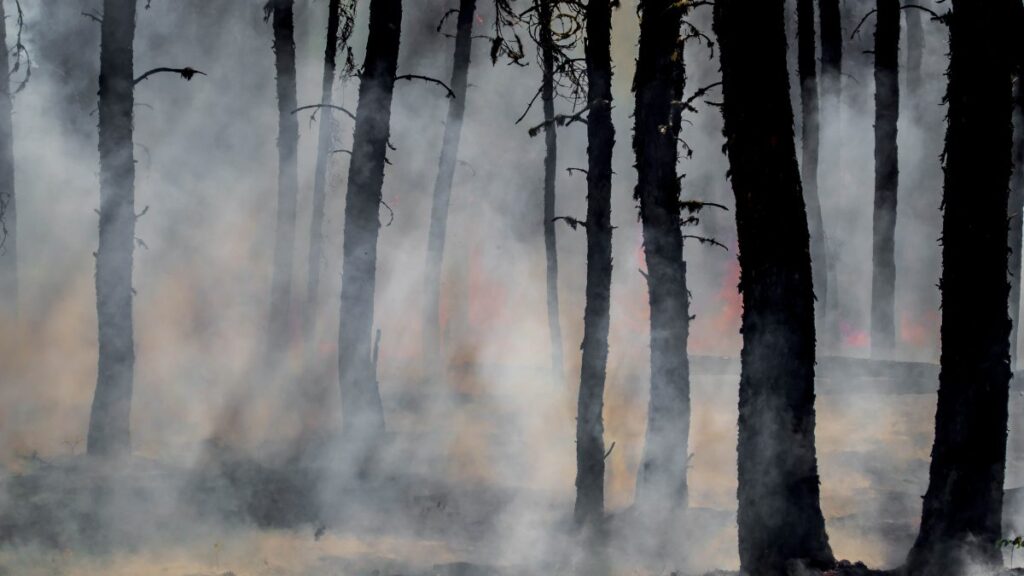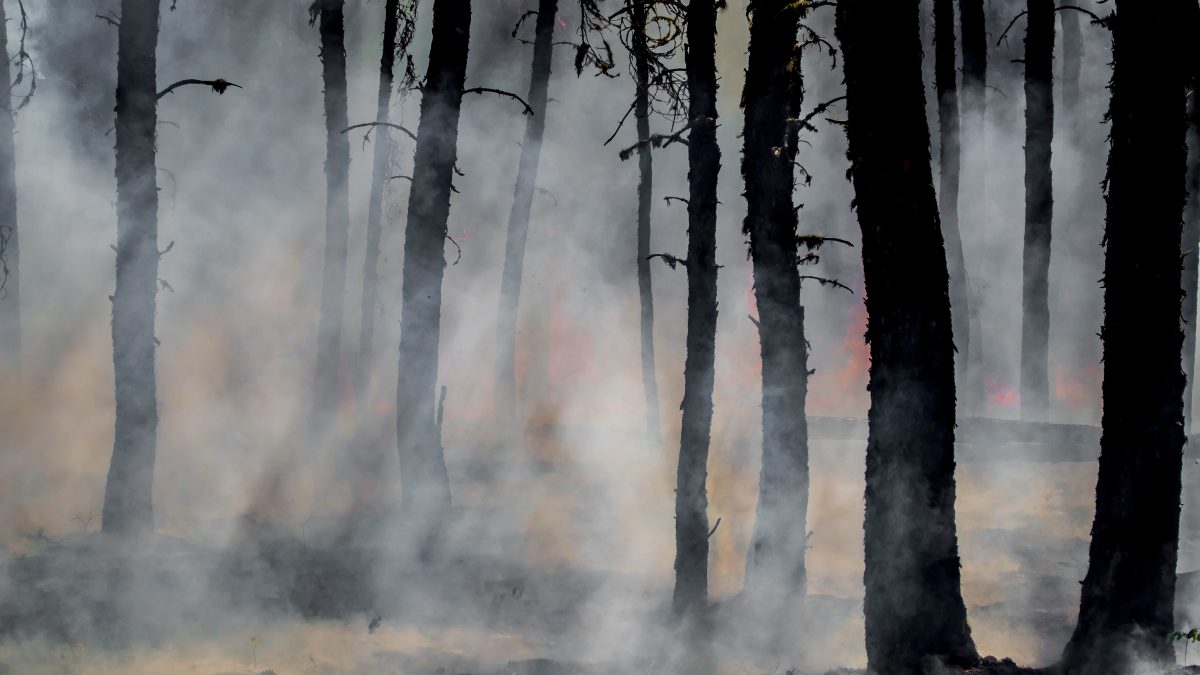
Urgent forest management strategies and the role of ResAlliance Project
In recent years there has been an unprecedented increase in the risk of fires throughout Europe, but in particular for the Mediterranean area, caused by climate change: this is revealed by a study published last year in the journal Scientific Reports and led by the University of Barcelona.
The research, thanks to satellite observations, has made it possible to link the greater risk of fires with the increase in CO2 emissions due precisely to these phenomena and underlines the urgency of adopting effective forest management strategies to reduce these risks and avoid compromising European forest-based decarbonisation strategies. The areas that are most endangered are the forests and mountain areas of central and southern Europe, which also constitute large deposits of carbon that fire threatens to release.
The areas that are most endangered are the forests and mountain areas of central and southern Europe, which also constitute large deposits of carbon that fire threatens to release. One such area is Greece, where fires have been raging for two weeks now.
The most serious fires have been extinguished or are under control, but both in Rhodes and in other areas of the country the alert levels for the possible development of fires remain high, also due to the high temperatures and winds that could facilitate the spread of the flames.
According to estimates by the Athens Observatory, around 500 square kilometers of woods and vegetation were destroyed in July 2023. According to preliminary analyzes by the Ministry of Agricultural Development and Food; 50,000 olive trees were burned and 2,500 animals killed in Rhodes alone.
According to data recently reported in an interview with Janez Lenarčič, European Commissioner for Crisis Management, the 2022 fires caused at least 2 billion euros in damages in Europe, marking the second worst year in terms of areas burned since they started monitoring (2006) and with at least 800,000 hectares on fire.
Recent studies have confirmed that territories with more active forest management are less affected by the effects of fires, even in severe climatic and flammability conditions. This is also confirmed by another recent scientific publication drawn up by the European Forest Institute (EFI), which identified six recommendations for land management with a view to fire prevention, including planning, with programmes, policies and strategies of adaptation; the definition of management models; the development of sustainable financial mechanisms to ensure the implementation and continuity of forest fire prevention measures; the generation of knowledge, education and awareness in society (still today it is estimated that 95% of fires in Europe originate from human activity); the harmonization of information systems as a basis for sharing information and understanding the complex reality of forest fires; and finally, international cooperation.
The role of ResAlliance
In this context, local knowledge of the territory becomes a fundamental element that must dialogue with different levels, national and international, to put good practices into a system. The ResAlliance project, co-funded by the European Union, aims at developing a European network of partners to increase the resilience of both agricultural and forest landscapes, thus making them less susceptible to climate change and its impacts.
Greece is one of the protagonist countries of the project, in which important knowledge sharing and stakeholder engagement initiatives will be set up, in order to make the acquired knowledge and best practices operational. The ResAlliance’s LandLabs are tools to support knowledge transfer and activate regional landscape resilience solutions and their will be developed in 5 Mediterranean regions that are highly exposed to climate change hazard occurrence: Sardinia (Italy), Catalonia (Spain), Peloponnese (Greece), Cyprus and Regiao Norte (Portugal).
Photo credits: Joanne Francis Fire, Unsplash
